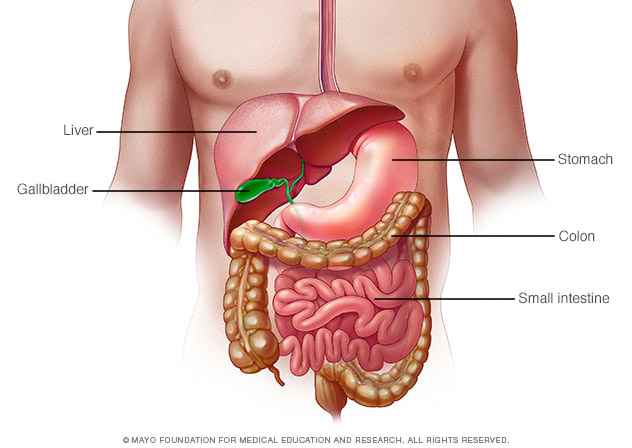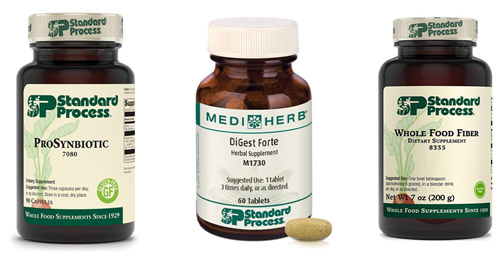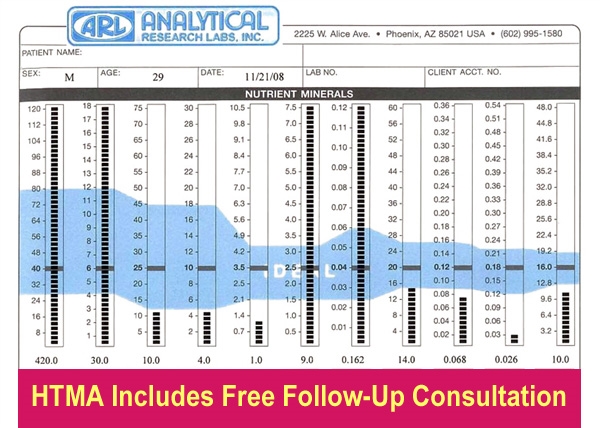Small Intestinal Bacterial Overgrowth (SIBO)
What is SIBO? What are the Symptoms and How Can You Treat It?
Causes of SIBO
SIBO Symptoms
Diagnosis and Treatment of SIBO
Introduction
We all have a population of microorganisms residing throughout our digestive tract. This bacterial community, known as the gut microbiome, is normal and necessary for healthy digestion.
Small intestinal bacterial overgrowth (SIBO), sometimes referred to as blind loop syndrome, is a condition in which bacterial overgrowth occurs in the small intestine, particularly bad bacteria or other bacteria not usually found in that part of the digestive tract. This creates a microbiome imbalance that can lead to serious health issues.
▶︎ How the Health of Your Microbiome Supports Your Overall Health
SIBO typically occurs when the passage of food and waste through the digestive system is significantly slowed, allowing bacteria to multiply at an unhealthy rate. These excessive bacteria may produce toxins and interfere with the absorption of nutrients, which can cause health problems such as vitamin deficiency, severe weight loss, and osteoporosis over time.
Due to these potentially serious long-term consequences, if you think you may have SIBO, it's best to consult with your doctor and begin treatment as soon as you can.
SIBO can affect people of all ages. Although it is not very common in younger and middle-aged adults, SIBO affects an estimated 15% of older adults.
Small Intestinal Bacterial Overgrowth (SIBO): Symptoms and Treatments
Kristina Amelong, CCT, CNC discusses the causes and symptoms of small intestinal bacterial overgrowth (SIBO) and natural remedies to help address it. For most people challenged by SIBO, it's important to make dietary changes and improve the health of the gut microbiome through healing programs and probiotics. A hair tissue mineral analysis (HTMA) may also be beneficial, as SIBO can cause mineral deficiencies in the body.

Causes of SIBO
There are numerous possible causes of small intestinal bacterial overgrowth. These include:
- as a complication following abdominal surgery (including gastric bypass and gastrectomy to treat stomach cancer or peptic ulcers)
- anatomical abnormalities in the small intestine
- scar tissue (intestinal adhesions)
- medical conditions such as Crohn's disease, celiac disease, diabetes, scleroderma, or other conditions that can slow the passage of waste through the small intestine
- a weak immune system
- weak or malfunctioning musculature in the small intestine
- pH changes in the small intestine

SIBO Symptoms
- loss of appetite
- abdominal pain
- nausea
- bloating
- diarrhea
- unintentional weight loss
- malnutrition
- constipation
- gas
- frequent, uncomfortable feeling of fullness
SIBO Diagnosis
If you have frequent diarrhea, rapid, unintentional weight loss, or abdominal pain lasting more than a few days, you should see a doctor.
To determine the presence of SIBO, a doctor typically will either do a breath test or order a small intestine aspirate and fluid culture. Breath testing, which measures the amount of hydrogen or methane that you exhale, is noninvasive and widely available, but somewhat less specific and accurate than an intestinal fluid culture. In the latter procedure, an endoscope is passed down the throat, through the upper digestive tract to the small intestine, and a sample of intestinal fluid is extracted and then tested for SIBO.
SIBO Treatment

For those whose SIBO is caused by an anatomical abnormality, surgery is likely to be necessary.
The most common SIBO treatment prescribed by doctors is a round of antibiotics. However, antibiotics kill all bacteria in the colon and intestines, not just the harmful bacteria, and this can cause numerous other gut issues. It may be best to try healing through other methods before resorting to antibiotic use.
Here are my recommendations for helping to heal SIBO:
- Diet — Follow my Ten Days to Optimal Health Diet. A balanced, nutritious diet is a crucial part of healing from SIBO. The most important part of this diet is to avoid dairy, gluten, and sugar. Eat smaller meals to avoid having too much food sitting in your stomach at one time. Eat probiotic-rich foods to support your microbiome health, and make sure you're getting a variety of good nutrients in your food, as SIBO can cause nutrient deficiency.
- Probiotics — A 2010 study showed that probiotic treatment may be more effective at treating SIBO than antibiotics. I recommend using Ortho Molecular's Spore IG, which is designed to promote a healthy gut microflora, protect mucosal integrity, and heal SIBO.

- GI Flora Balance Protocol — Standard Process, one of our trusted nutritional supplement suppliers, has developed a 6-Week GI Flora Balance Program to support gastrointestinal health. This protocol is particularly designed to help the healthy gut flora thrive. The products recommended for this protocol are:

- Hair Tissue Mineral Analysis — If you have been diagnosed with SIBO, a hair tissue mineral analysis (HTMA) test is an incredibly valuable tool to test your body's digestive strength, assess your heavy metal load, and to test for vitamin, mineral, and nutritional deficiencies that are often caused by SIBO. An HTMA includes a complimentary 15-minute consultation with me to review the results and present recommendations.
▶︎ Learn More about HTMA
- Nutritional Supplements — Dietary supplements are often necessary for people who are healing from SIBO. These may include crucial vitamins and minerals such as vitamin B12, vitamin D, calcium, and iron.
Summary
SIBO usually occurs when passage of food and waste through the digestive tract slows significantly, allowing bacterial overgrowth to occur. This overgrowth creates a microbiome imbalance and may interfere with nutrient absorption, which can lead to vitamin deficiency, severe weight loss, and osteoporosis over the long term.
If you have frequent diarrhea, rapid, unintentional weight loss, or abdominal pain lasting more than a few days, you should see a doctor to test for potential SIBO or other serious GI issues.
Doctors often prescribe antibiotics to treat SIBO, however because antibiotics kill all bacteria in the digestive tract, not just the bad bacteria, you may wish to try healing through other approaches such as dietary changes and probiotic supplementation first, before using antibiotics.
Again, I recommend taking a Hair Tissue Mineral Analysis (HTMA) test first to see which supplements you might need.
DISCLAIMER: The material on this page presented for informational purposes only and is not a substitute for medical advice, diagnosis, or prescribing from a licensed healthcare professional. Consult with your doctor before altering or discontinuing any current medications, treatment, or care, or starting any diet, exercise, cleansing, or supplementation program, or if you have or suspect you might have a health condition that requires medical attention.
By Kristina Amelong, CCT, CNC
I-ACT-Certified Colon Hydrotherapist
Certified Nutritional Consultant